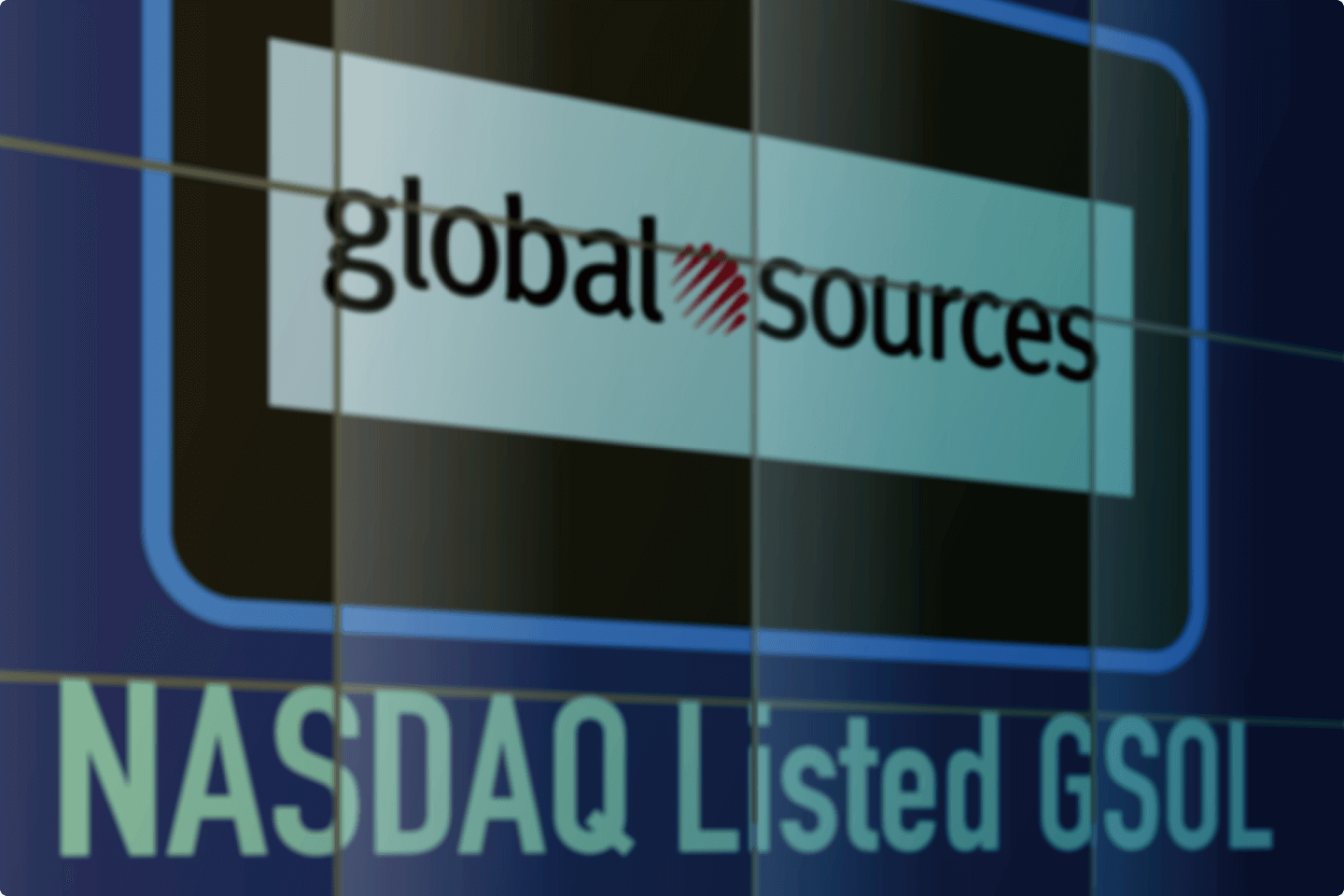Alternatives to Jungle Scout
1. Alibaba
+Pros
- Unmatched marketplace scale and supplier access with 48 million buyers and 200,000 suppliers .
- Proven AI capabilities with measurable performance improvements .
- Accessibility advantages with free entry-level tools and transaction-based pricing .
- Comprehensive workflow coverage within a single platform .
-Cons
- Reduced AI sophistication compared to specialized vendors like Keelvar or Veridion .
- Technical constraints involve data hallucination risks and compliance gaps with EU AI Act requirements .
- Geographic limitations primarily serve China-focused supply chains, potentially limiting value for businesses requiring suppliers outside Alibaba's network.
One highlighted feature and why it's amazing
Serves as Alibaba's core AI capability, using natural language processing to convert complex sourcing queries into actionable supplier requests. The system increased buyer quotes by 29% and supplier responses by 21% through automated matching algorithms that analyze product specifications, manufacturing capacity, and supplier certifications .

Another highlighted feature of why it’s amazing
Provides real-time market analytics and supplier shortlists, reaching 1 million users within 5 months of deployment . The engine analyzes pricing trends, supplier performance metrics, and market demand patterns to generate data-driven sourcing recommendations.
2. Global Sources
+Pros
- Rigorous supplier verification maintaining 20% acceptance rates.
- 50+ years of traditional trade facilitation experience combined with successful digital transformation.
- Hybrid engagement model with physical Hong Kong trade shows.
-Cons
- Lacks autonomous negotiation capabilities offered by Keelvar.
- 28% of buyers seeking European or North American suppliers find limited options outside Asia.
- 12% of users report PayPal transaction-related issues.
One highlighted feature and why it's amazing
Global Sources' primary differentiator lies in its comprehensive supplier verification process, accepting only 20% of applicants as 'Verified Suppliers' after business license authentication, production audits, and sample testing.

Another highlighted feature of why it’s amazing
The platform implements predictive sourcing algorithms that analyze buyer behavior patterns to recommend relevant suppliers, though technical documentation remains proprietary.
3. Keelvar
+Pros
- Proven enterprise performance with Samsung achieving 85% time reduction in RFQ processes.
- Constraint-based optimization handling 40+ business rules provides sophisticated capability for complex procurement scenarios.
- Validated capabilities demonstrate Fortune 500 market validation through successful implementations across Siemens, Mars, Coca-Cola, and Maersk.
-Cons
- Resource-intensive implementation requirements demanding 6-9 month deployment timelines with cross-functional teams of 5-8 FTEs.
- High investment costs of $200K-$500K initial setup plus 15-20% annual maintenance fees limit accessibility to enterprise organizations.
One highlighted feature and why it's amazing
Automating procurement workflows through natural language processing that populates forms from conversational requests.
Another highlighted feature of why it’s amazing
Handles 40+ business rules simultaneously for complex multi-lot bid scenarios, enabling sophisticated scenario modeling that balances cost, risk, and sustainability factors.
Other Alternatives
LevaData
Nosto Commerce Experience Platform
Prediko
Sourcify
Veridion
How We Researched This Guide
About This Guide: This comprehensive analysis is based on extensive competitive intelligence and real-world implementation data from leading AI vendors. StayModern updates this guide quarterly to reflect market developments and vendor performance changes.
219+ verified sources per analysis including official documentation, customer reviews, analyst reports, and industry publications.
- • Vendor documentation & whitepapers
- • Customer testimonials & case studies
- • Third-party analyst assessments
- • Industry benchmarking reports
Standardized assessment framework across 8 key dimensions for objective comparison.
- • Technology capabilities & architecture
- • Market position & customer evidence
- • Implementation experience & support
- • Pricing value & competitive position
Research is refreshed every 90 days to capture market changes and new vendor capabilities.
- • New product releases & features
- • Market positioning changes
- • Customer feedback integration
- • Competitive landscape shifts
Every claim is source-linked with direct citations to original materials for verification.
- • Clickable citation links
- • Original source attribution
- • Date stamps for currency
- • Quality score validation
Analysis follows systematic research protocols with consistent evaluation frameworks.
- • Standardized assessment criteria
- • Multi-source verification process
- • Consistent evaluation methodology
- • Quality assurance protocols
Buyer-focused analysis with transparent methodology and factual accuracy commitment.
- • Objective comparative analysis
- • Transparent research methodology
- • Factual accuracy commitment
- • Continuous quality improvement
Quality Commitment: If you find any inaccuracies in our analysis on this page, please contact us at research@staymodern.ai. We're committed to maintaining the highest standards of research integrity and will investigate and correct any issues promptly.